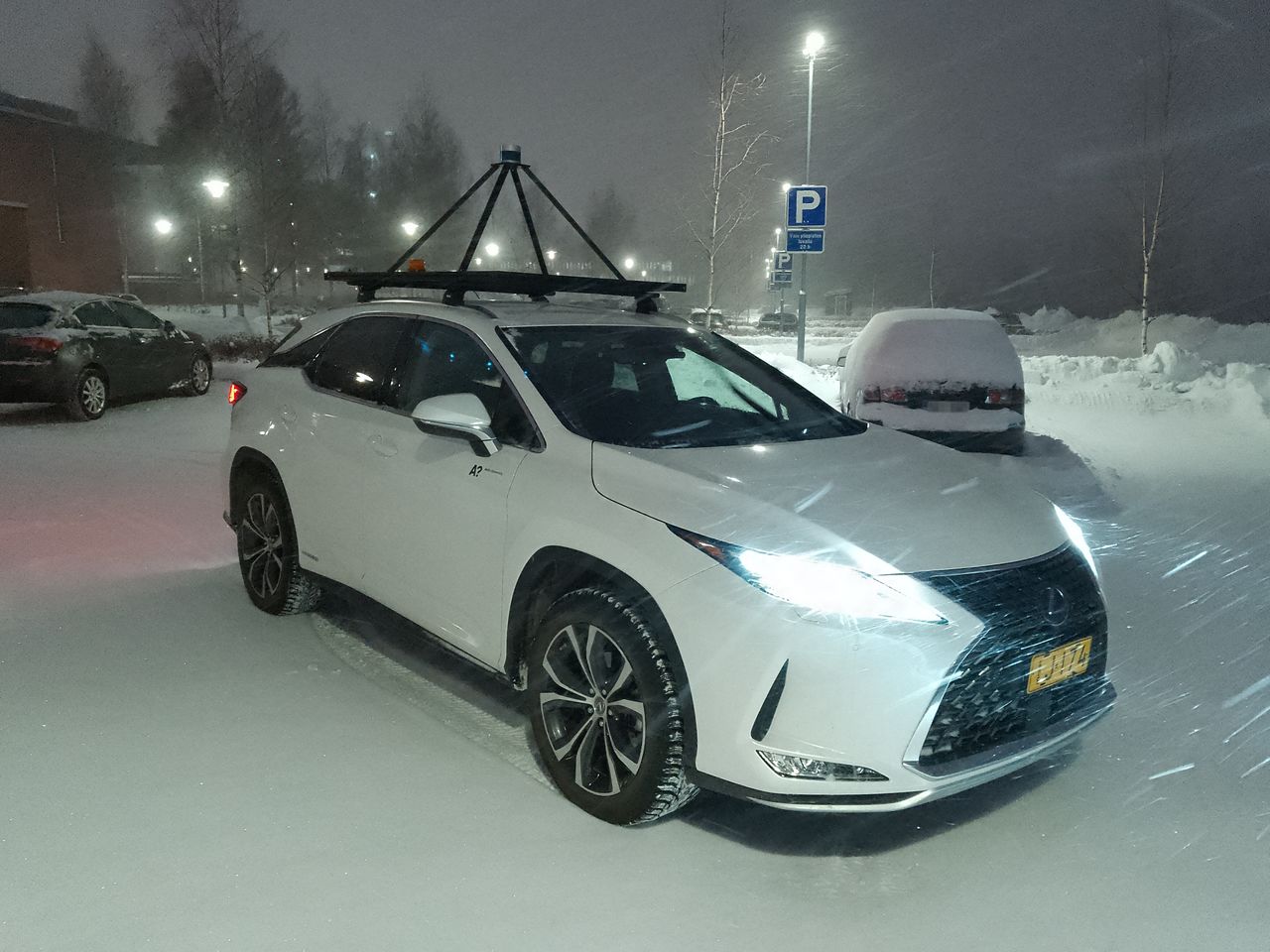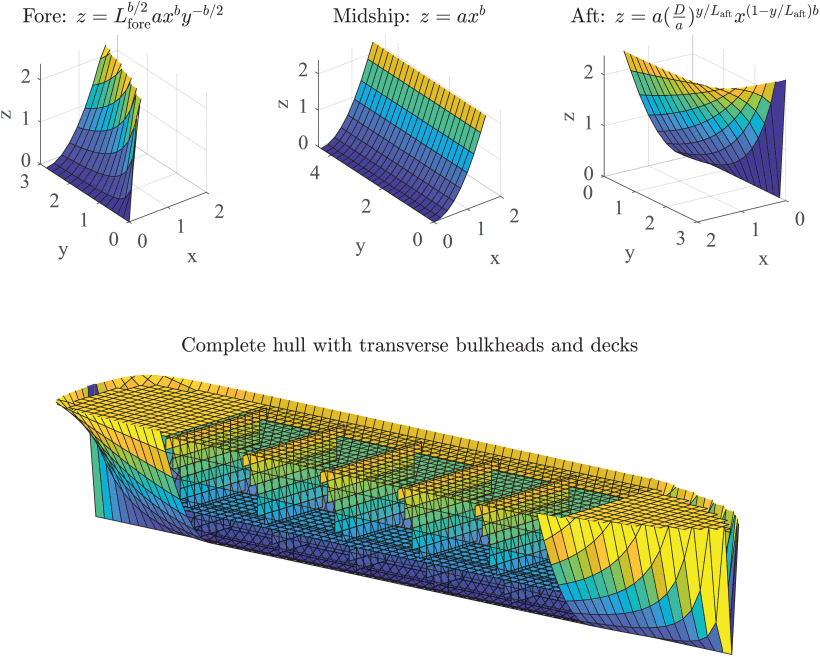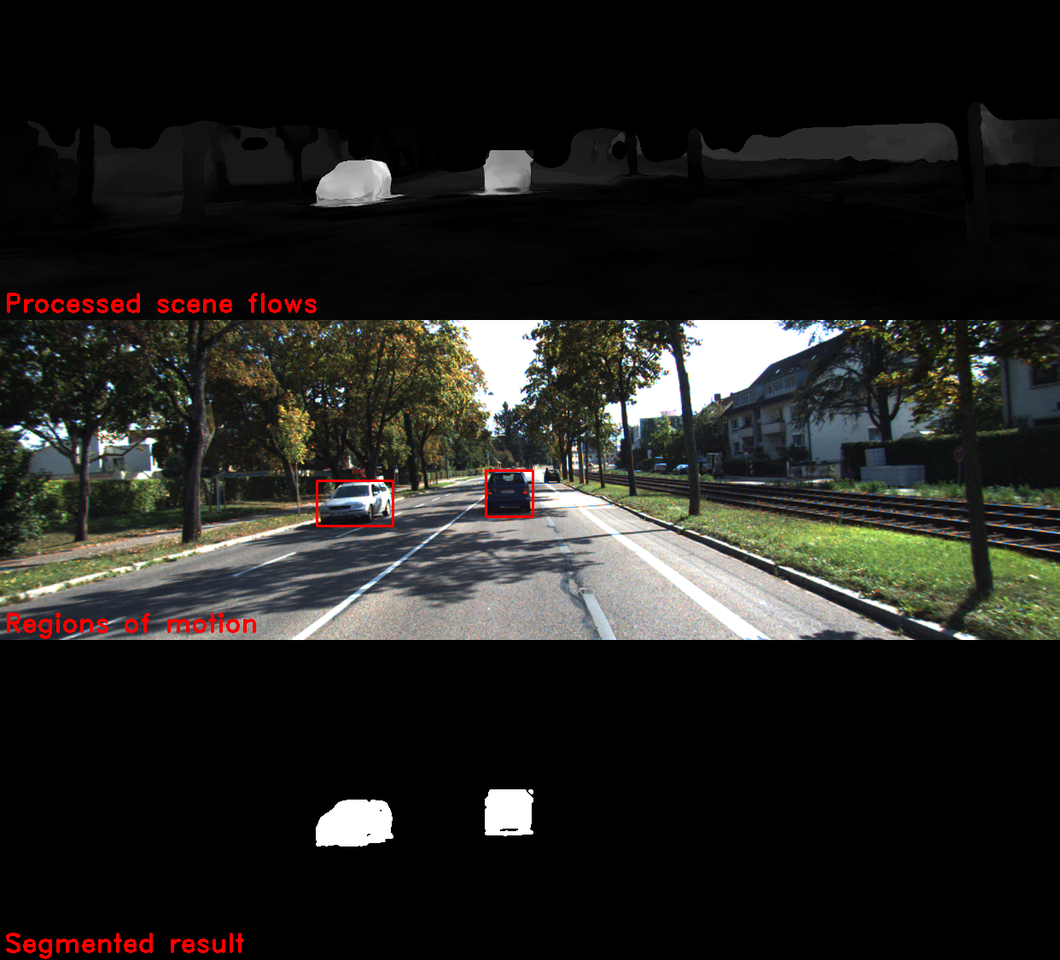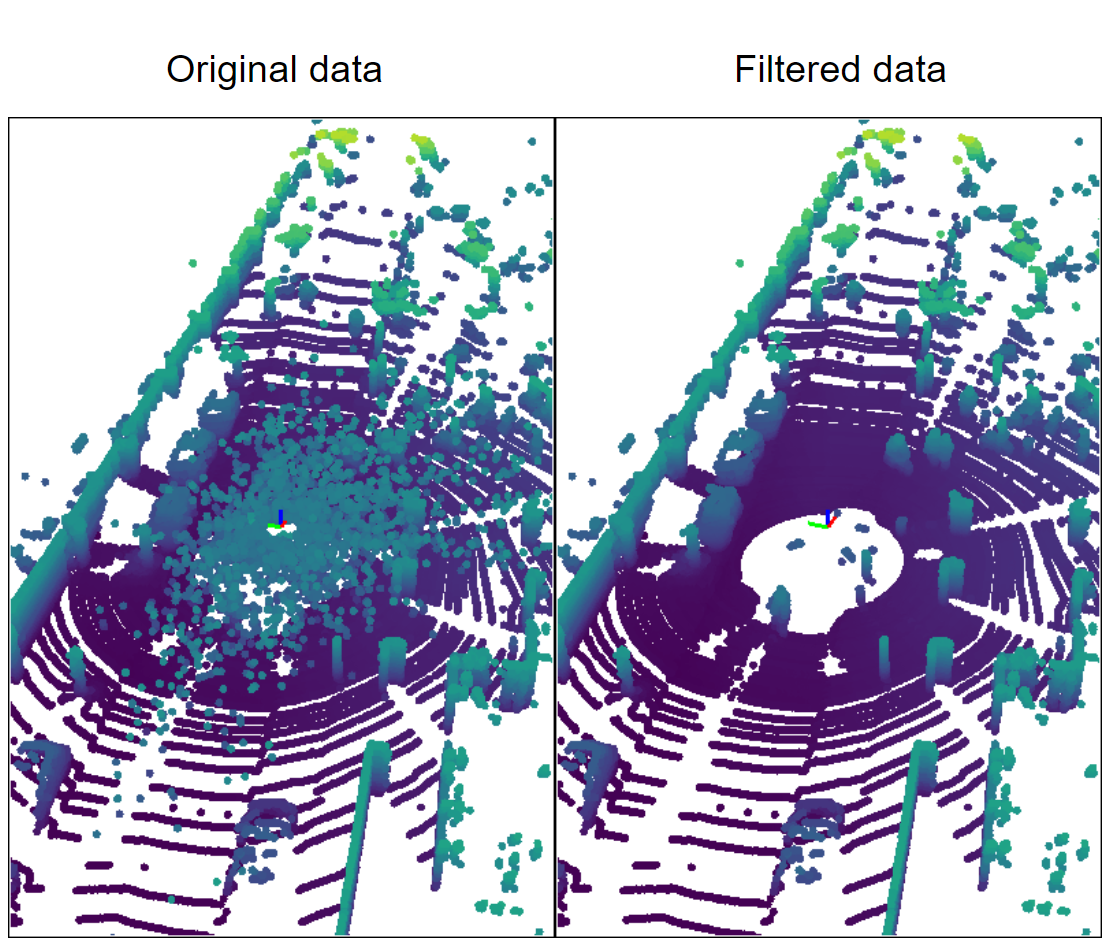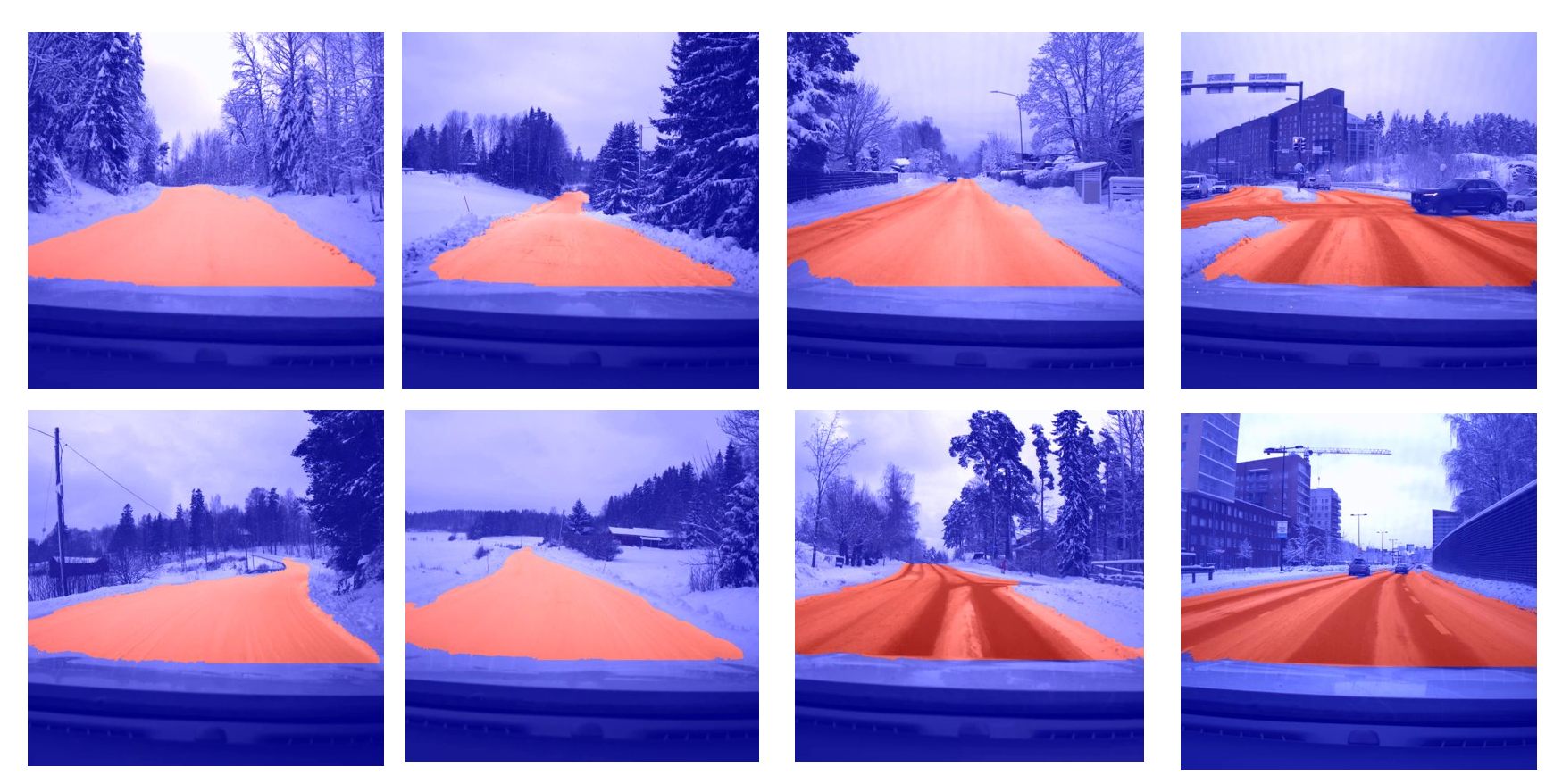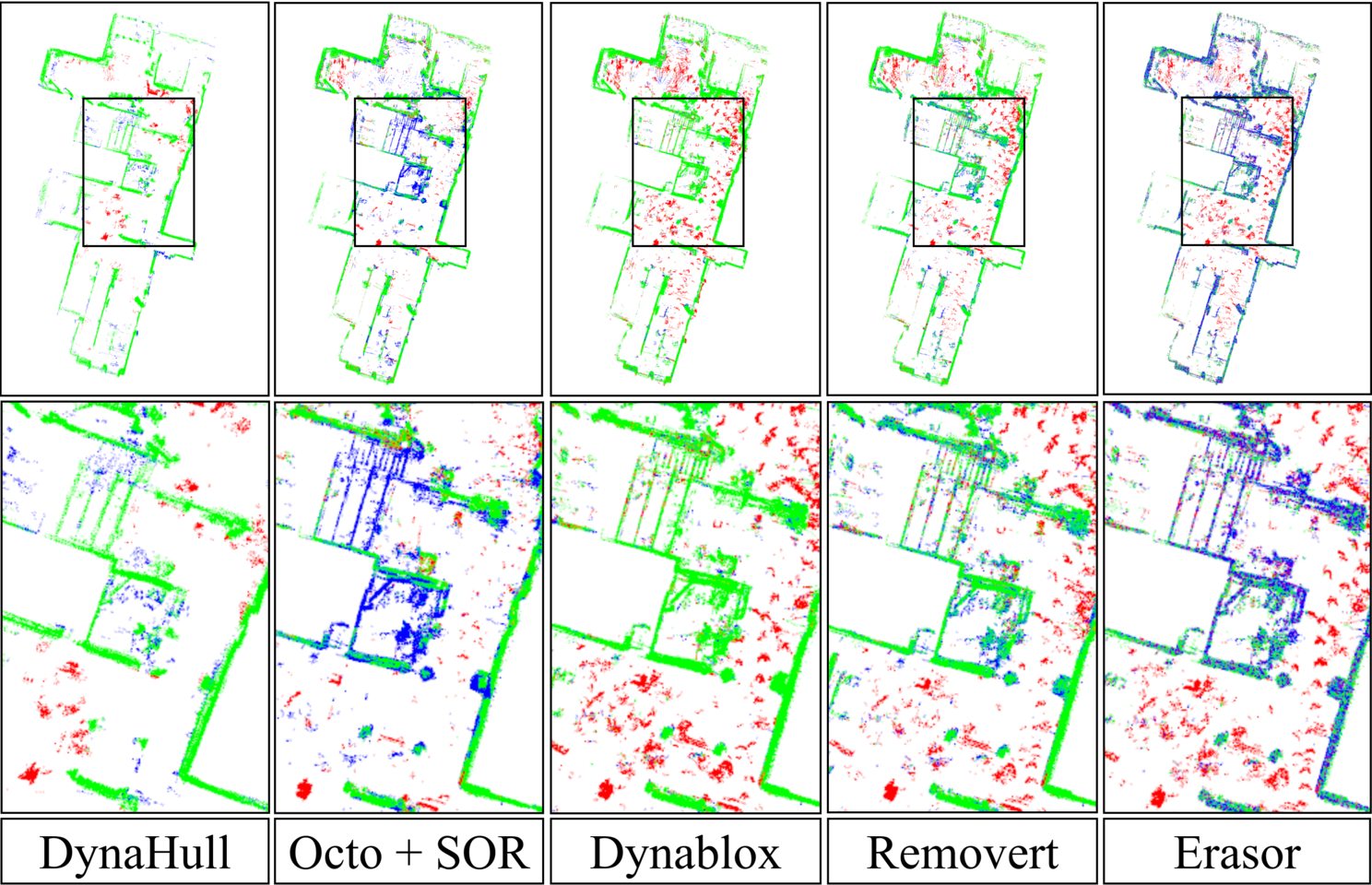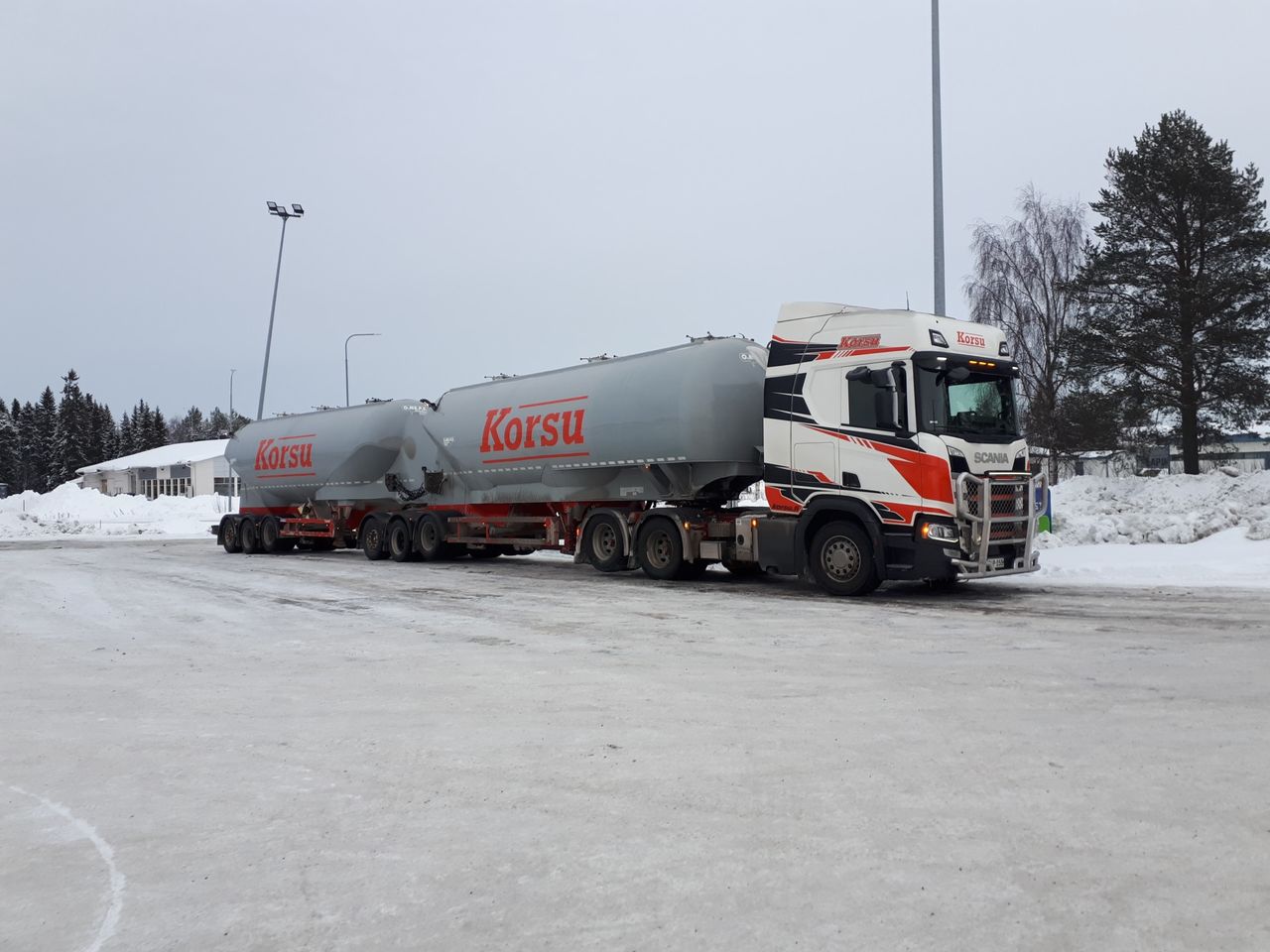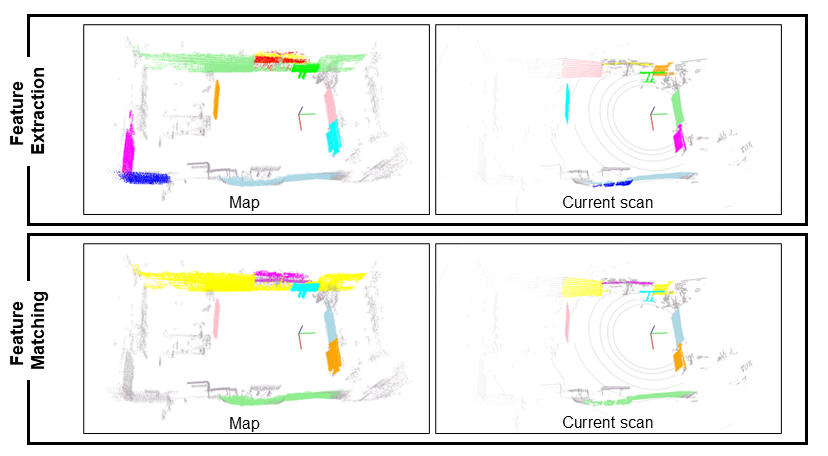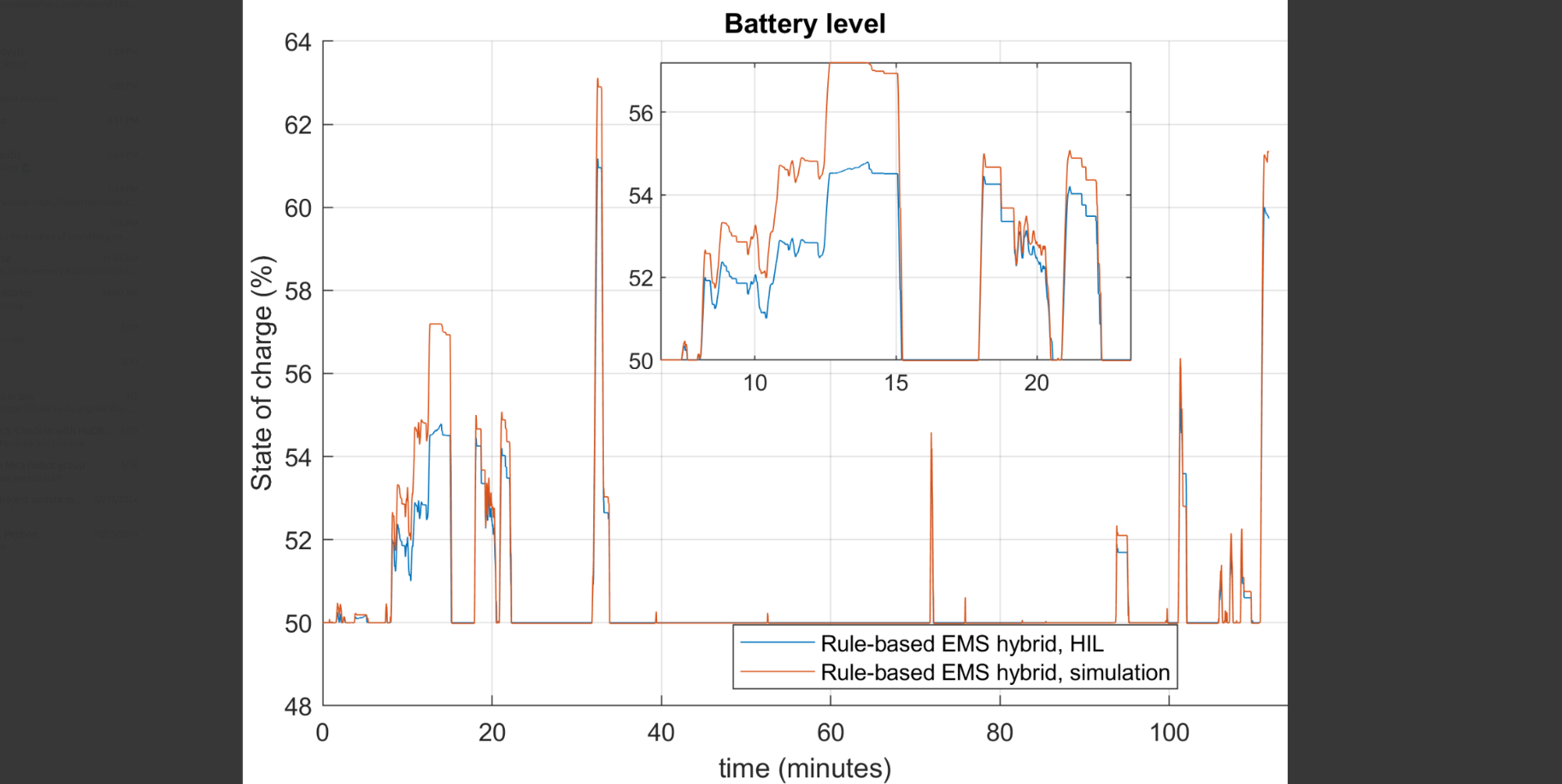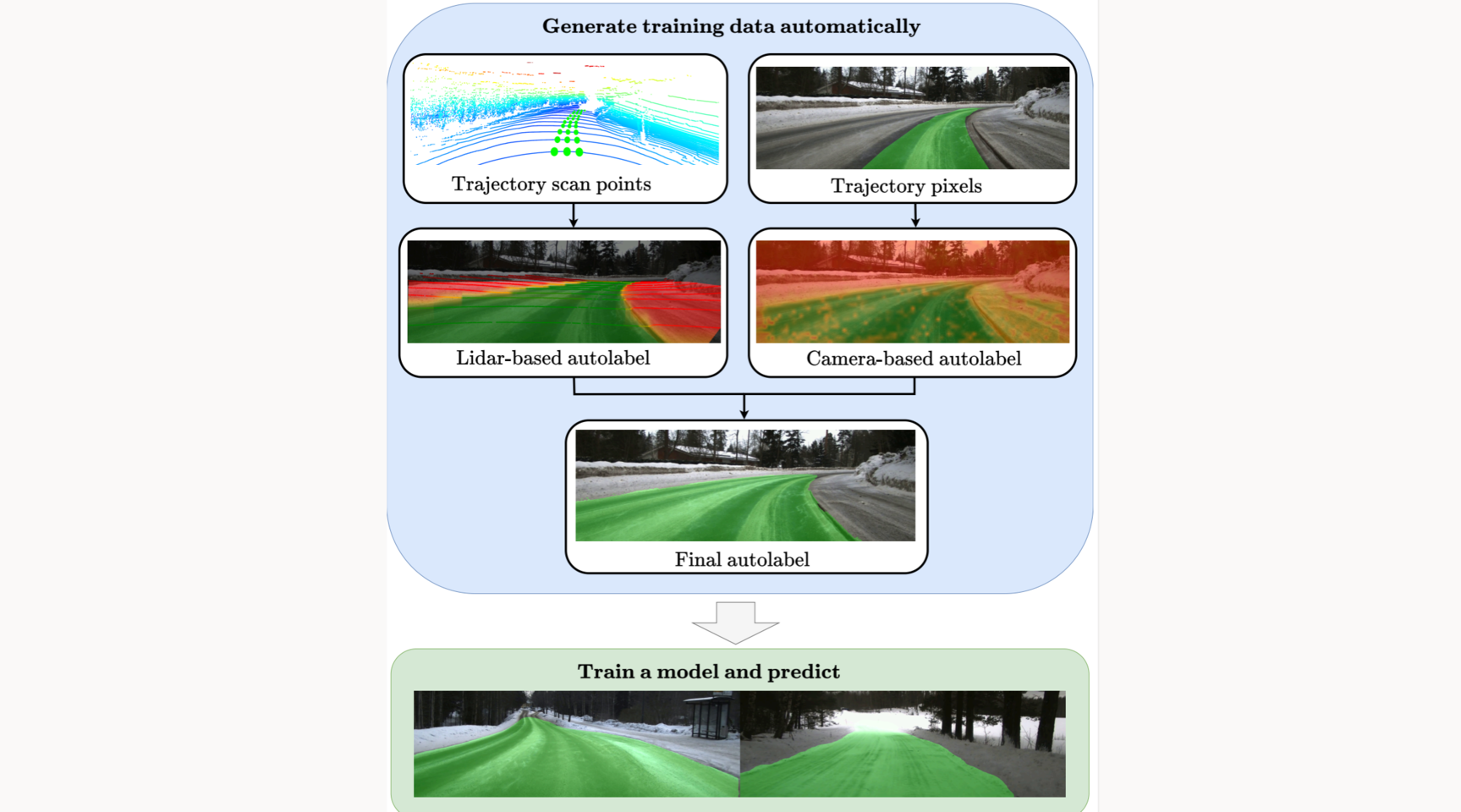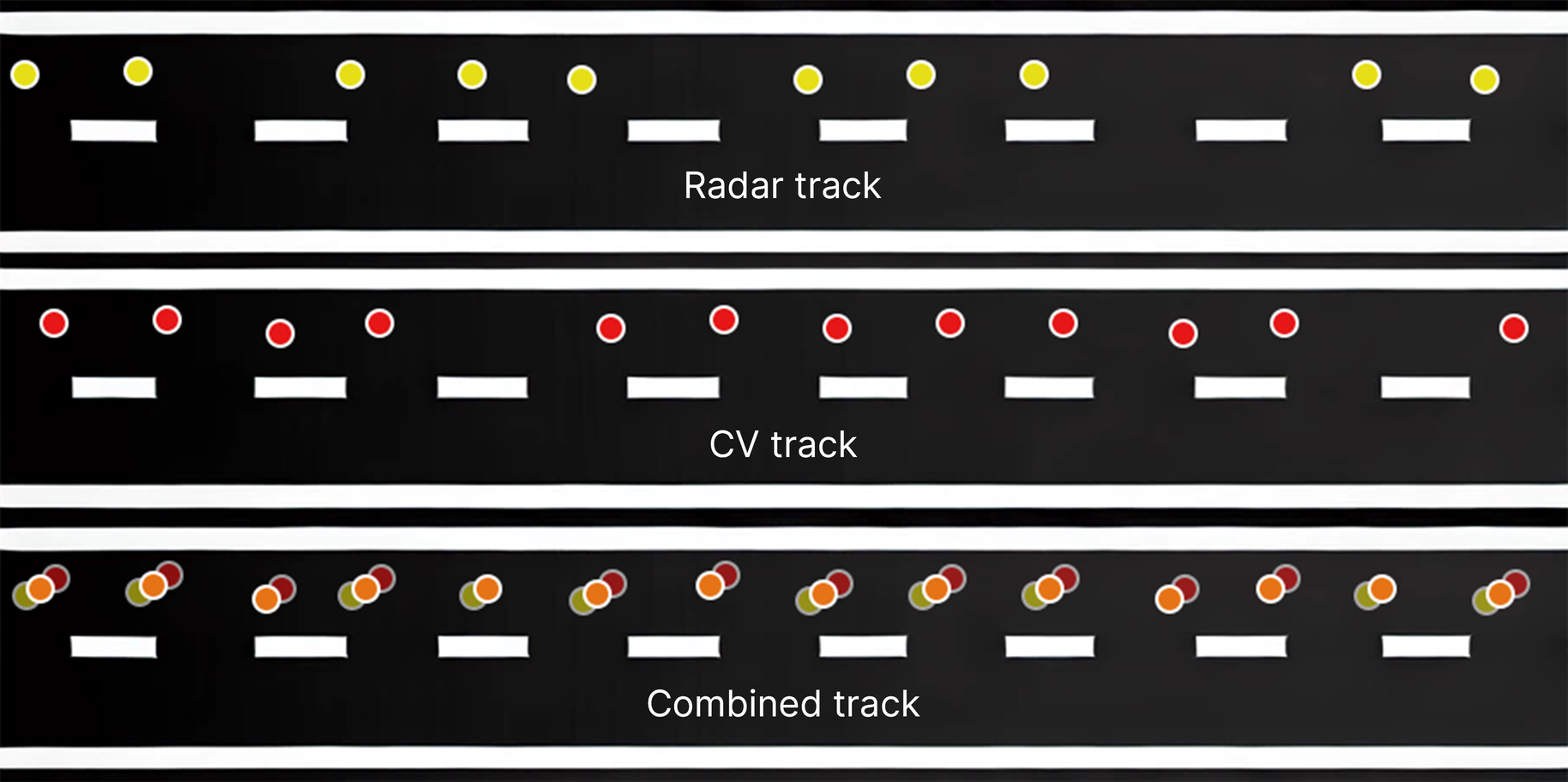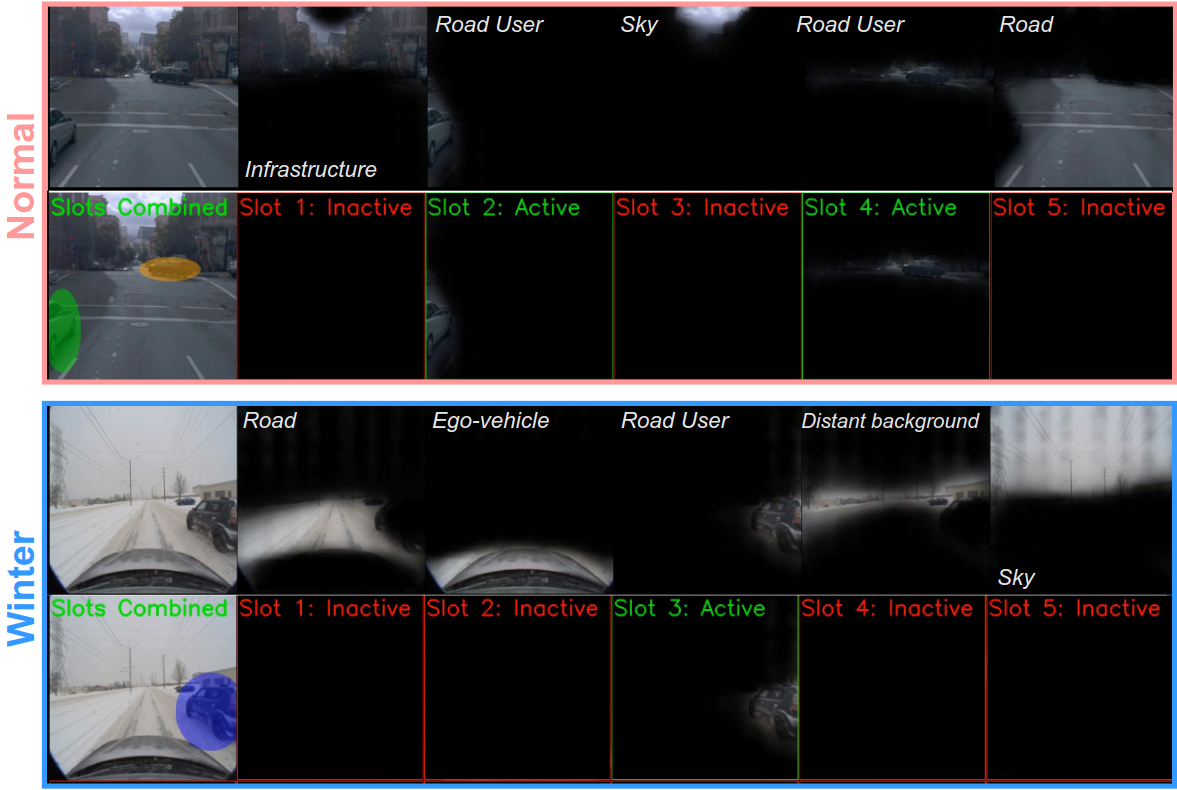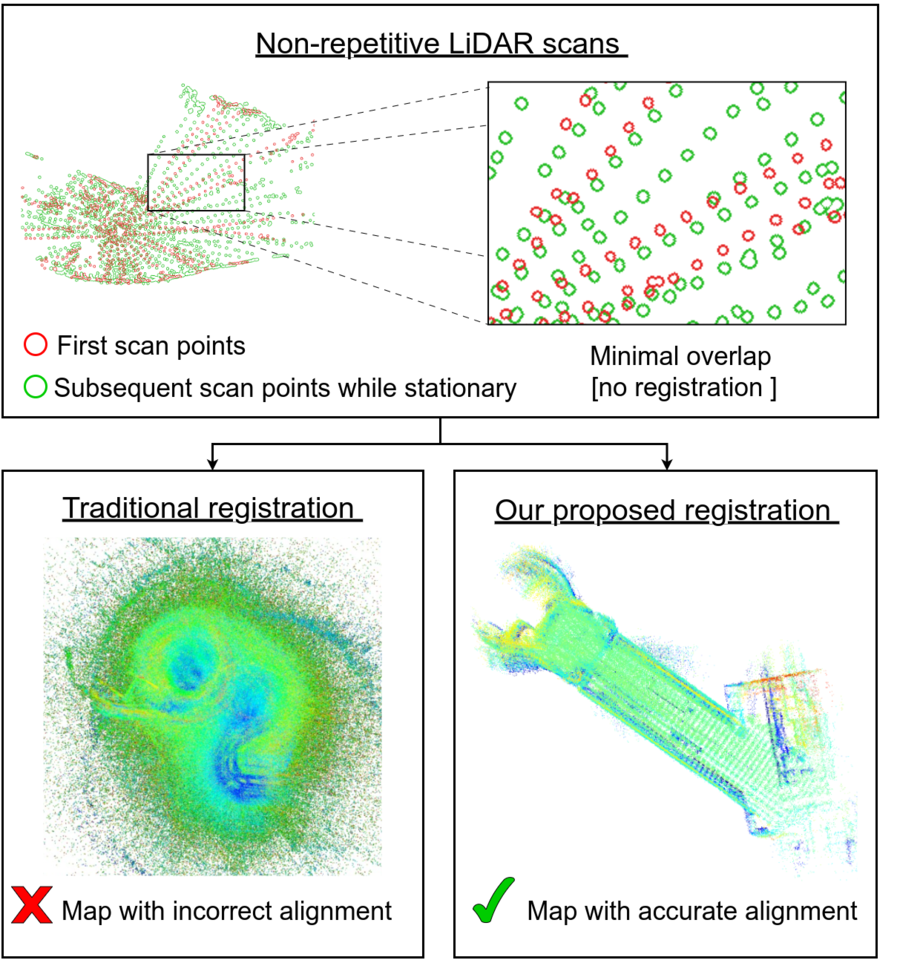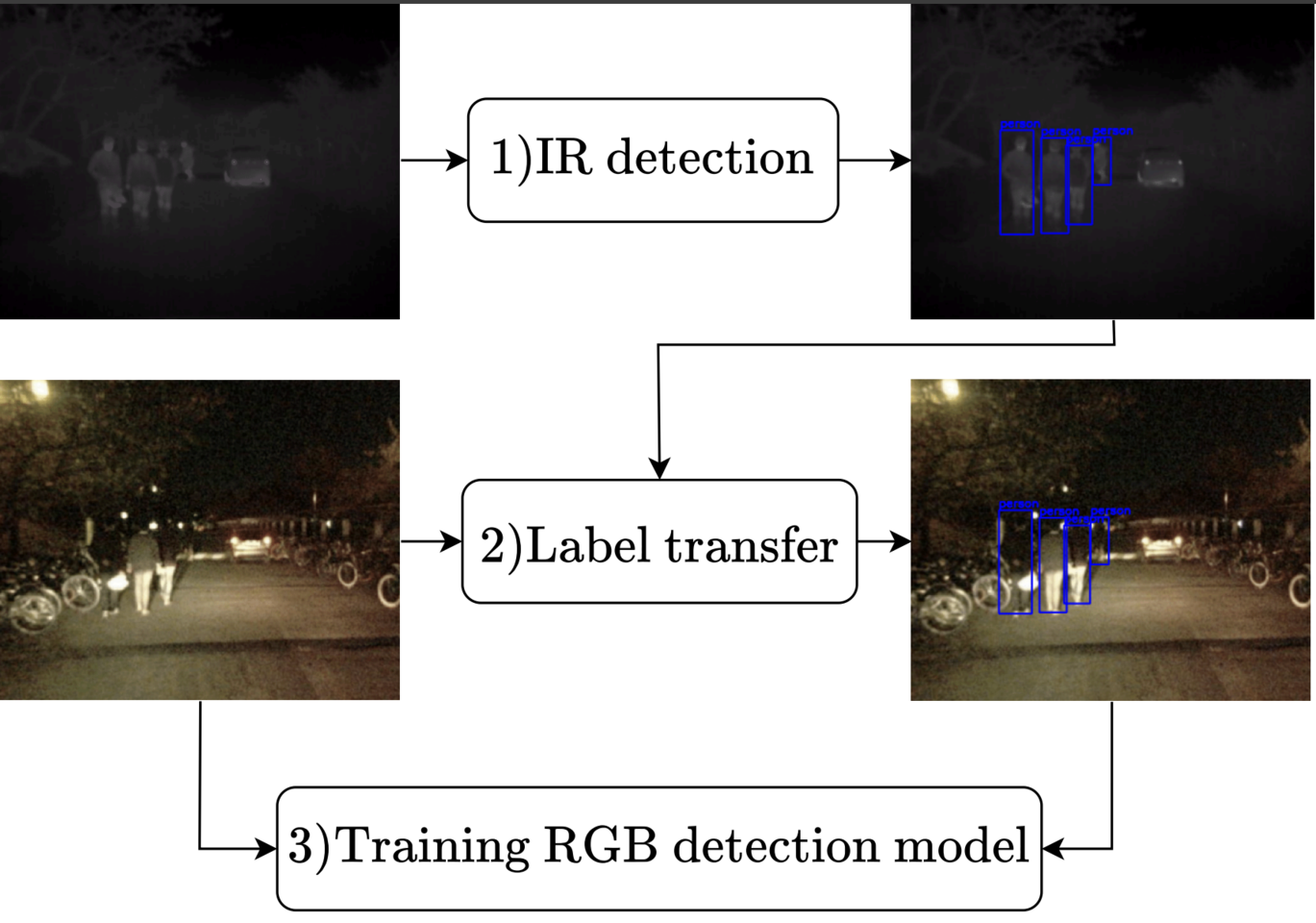Autonomy & Mobility Lab
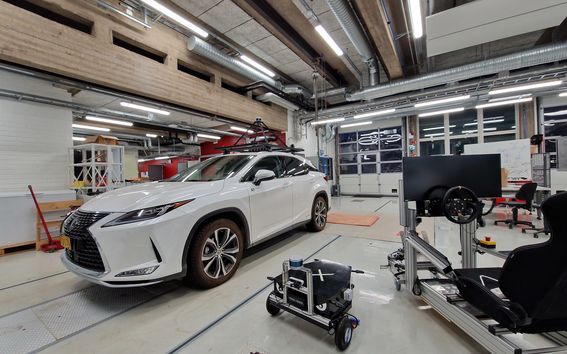
Autonomous Vehicle Operation
Our lab is at the forefront of automated driving technologies, with a focus on the challenging winter conditions. We develop autonomous vehicles adept at navigating icy, snowy, and unpredictable roads. We employ a differential robot named Dbot, outfitted with a Velodyne VLP-16 and stereo cameras, alongside a TurtleBot equipped with 2D LiDARs, for indoor mapping and localization. Our research also encompasses powertrain optimization, aiming for vehicles that are autonomous, energy-efficient, and eco-friendly. Our facilities include a spacious workshop with four vehicle bays, a dedicated battery cell testing room, a cold chamber, and an electronics lab.
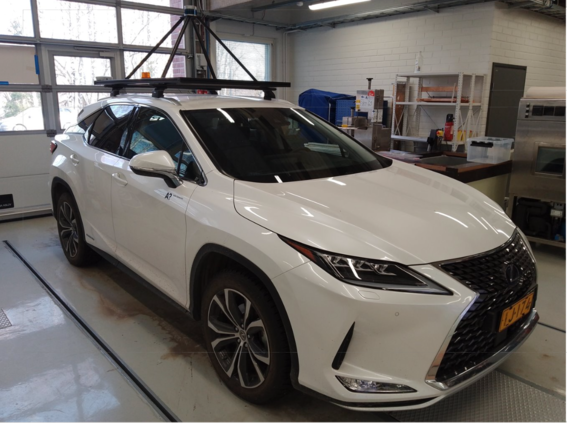
Intelligent Transportation Systems
Intelligent transportation systems are pivotal in the shift toward autonomous, safe, and green mobility. Our work focuses on machine vision in vehicles and as part of intelligent infrastructure to enhance the perception of road conditions, braking events, and interior cleanliness. Our systems detect and track road users, providing warnings to drivers about hazards they may not notice.
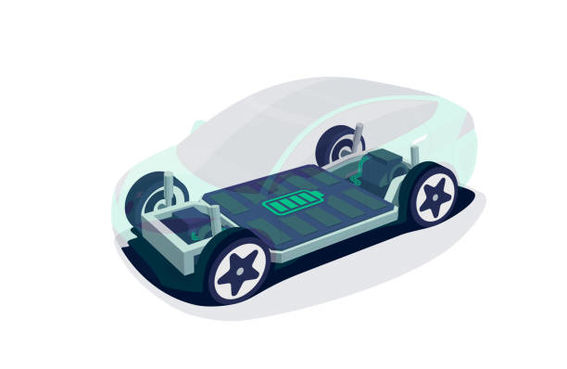
Powertrain and Operation Optimization
Sustainability is key in vehicle design. Vehicle performance hinges on the driver, route, traffic, and weather—all of which influence powertrain configuration. These variables can lead to inefficient driving and the need for oversized powertrain components like batteries. Our research investigates these uncertainties and their effect on energy consumption to refine the design and operation of powertrains.

Indoor Mobile Robots
"Indoor robotics have gained significant popularity over the past decade. In response to this growing trend, AMLab has designed and developed a differential wheel robot named Dbot. This robot is primarily used for data collection, software development, and as a testing platform—mainly focusing on SLAM (Simultaneous Localization and Mapping) and localization technologies."
Latest publications
Trajectory-Based Road Autolabeling With Lidar-Camera Fusion in Winter Conditions
Toward Object-Centric Learning for Perception in Autonomous Driving
Using Scene-Flow to Improve Predictions of Road Users in Motion With Respect to an Ego-Vehicle
Lightweight Regression Model with Prediction Interval Estimation for Computer Vision-based Winter Road Surface Condition Monitoring
Boosting the performance of turbocharged diesel-mechanical ship powertrains using torque feedback control
Selvitys ajoneuvojen energiankulutuksen mallinnuksesta – simulointiohjelmistojen soveltuvuus tieteknisiin vertailuihin ja liikenneverkkojen energiankulutuslaskentaan
Label Correction for Road Segmentation Using Roadside Cameras
TADAP : Trajectory-Aided Drivable area Auto-labeling with Pretrained self-supervised features in winter driving conditions
DynaHull : Density-centric Dynamic Point Filtering in Point Clouds
Road Surface Friction Estimation for Winter Conditions Utilising General Visual Features
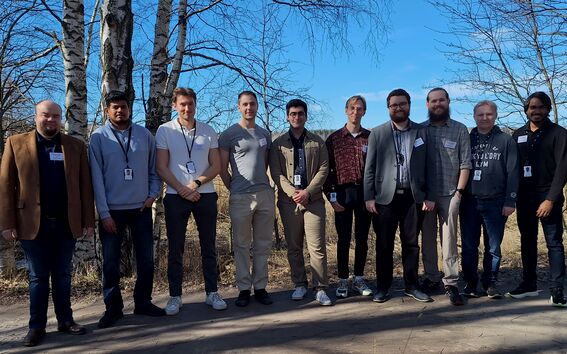
Our research group









